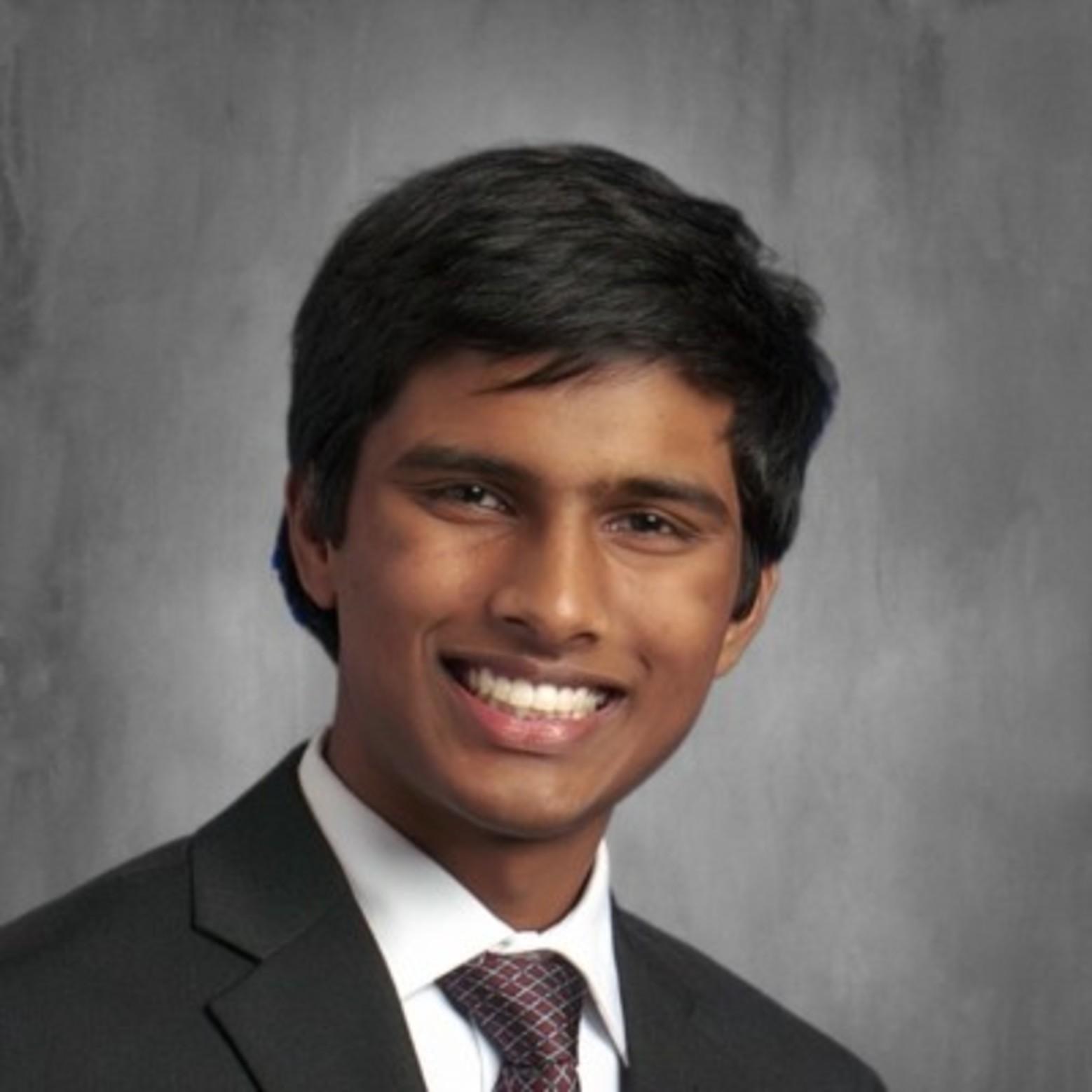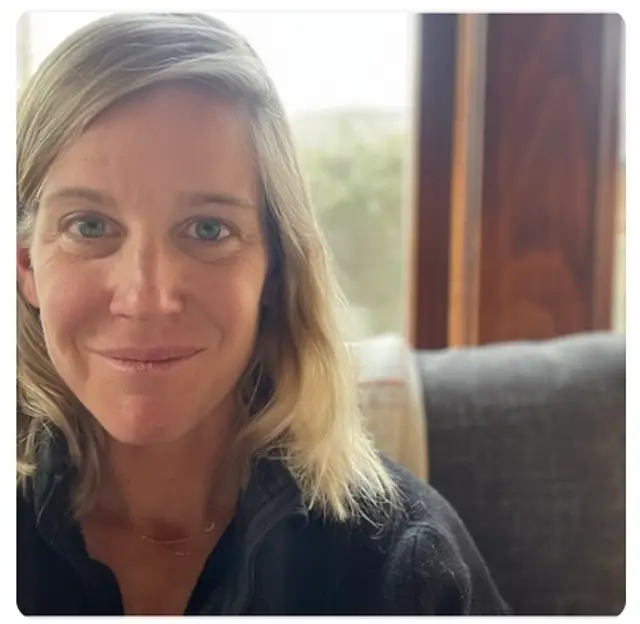Why Polygence taught me how to write concisely and effectively, an interview with Shravan Kannan, Polygence Alum
3 minute read
Polygence is excited to announce our first cohort of Research Coach Interns - successful Polygence alumni who have gone on to study at some of the top universities in the U.S. Research Coaches are available to meet with current Polygence students to share project best practices, executive functioning tips and share their college experiences.
Annie Peuquet, Director of Partnerships at Polygence recently sat down with Shravan Kannan, Polygence Research Coach and Neuroscience student at UC Berkeley to learn more about his Polygence experience.

Shravan, please tell me about your project’s topic area and what you chose to make or do as your outcome.
My project was on designing a CRISPR-Cas9n gene therapy for Lynch syndrome, a rare form of colorectal cancer. I chose to write a research paper as the outcome of my research.
What was the best thing about doing an independent research project with your mentor?
The best thing about doing this project was creating a research paper at the end of my project. This is because I was always unsure of whether I would be able to complete this project and actually accomplish the goals I wanted to accomplish due to the project’s complexity. Being able to create this paper was a very rewarding experience as a whole.
What was the most challenging aspect?
The most challenging aspect about this project was analyzing data from databases and designing the guide RNA for the project. This is because I didn’t have a lot of CS experience or experience in analyzing data from large databases.
Yes, research builds your competencies in hard skills. But what soft skills did you practice and develop during your Polygence project?
Some soft skills I learned include analyzing large amounts of data from databases like the UCSC Genome Browser, as well as writing concisely and thinking about ethics in research through every step of the research process. Although I had understood my research and how to convey it, I still had difficulty in understanding how to convey my thoughts onto paper and how to address the counterargument throughout my paper. This project helped me understand both aspects better as a whole.
Now that you are 2-3 years out of your project, what would you like to tell your mentor if you could about the project’s impact?
This project has taught me a lot in the areas of cancer biology and genetics. Your guidance has helped me become more confident in working towards finding new solutions to solve scientific problems, even in my college career. It has also led me to work towards pursuing a career path in medicine as well.
If you could give your previous self advice about doing independent research, what would you have told yourself while you were doing your project?
I would say that I should spend less time on trying to narrow down my project idea. Although thinking big is good, I could have dedicated more time towards my idea then to research than to figuring out my project idea.
